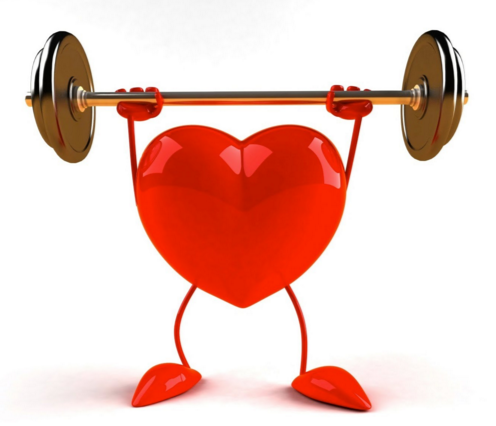Stroke rates are down by 50% for older adults – but for those younger, not so much

(Natural News) Stroke-related deaths have been steadily declining in recent years. According to data from the Centers for Disease Control and Prevention (CDC), mortality rates for stroke are now at 37.6 deaths per hundred thousand – significantly lower than in the early 2000s. However, a study by the Boston University School of Medicine noted that while the drop is true for older adults, the same can’t be said for their younger counterparts.
In their paper, which they published in the journal Stroke, corresponding author Hugo Aparicio and his team identified that adults between ages 35 to 54 reduced their stroke risk by 39 percent over seven years. By comparison, adults aged 55 and older lowered their risk by 53 percent over the same period.
“Most strokes at midlife were due to diseases of the arteries (atherosclerosis) caused by a clot migrating from the heart,” explained Aparicio, also a neurologist at Boston Medical Center. “We also looked at vascular risk factors, such as hypertension and smoking, which have been declining among both age groups over time.”
For the study, the team looked at trends from the Framingham Heart Study, a long-running cohort study designed to identify risk factors for cardiovascular disease. In particular, the team looked at ischemic stroke rates for the two age groups. Ischemic stroke – which happens when an artery supplying oxygen-rich blood becomes blocked – accounts for 87 percent of all stroke cases in the US, according to the American Heart Association.
The team also used the cohort study to estimate stroke risk in both age groups over the next decade, with telling results. While trends point to a significant decline for stroke in older adults, this trend wasn’t present in estimates in adults under 55 years.
Save up to 60% on all your favorite survival foods, gardening supplies, organic essential oils and more at the Health Ranger Store's Black Friday and Cyber Monday Survival and Preparedness Super Sale Event. This limited-time event is happening NOW through midnight, Sunday. See all the great deals here.
“Our findings demonstrate how continued preventive efforts need to be made to reduce the occurrence of stroke among middle-aged adults,” the researchers concluded. “Namely, we emphasize a focus on public health education and controlling vascular risk factors such as blood pressure, diabetes and smoking.”
Natural ways to prevent stroke
In the study, the research team highlighted the need for a proper diet and an active lifestyle to reduce the risk of stroke. It’s worth noting that these apply to anyone. Here are some steps you can take today to reduce your stroke risk later on.
Exercise
Aside from being a great way to lose weight, studies have shown that regular exercise stands on its own as a way to reduce stroke risk. A recent South Korean study found that older adults who start exercising immediately cut back their risk by five percent. The AHA recommends at least 150 minutes of heart-pumping exercise a week to maintain good health.
Some activities to get your heart pumping include:
- Swimming laps
- Jumping rope
- Heavy yard work or gardening, including digging or hoeing
- Tennis
- Brisk walking to running
Healthy diet
Going for a whole-food, plant-based diet is one of the best ways to avoid a stroke, says health expert Dr. Michael Grager in an interview with the Food Revolution Network. This is because of the fiber present in many plant foods, which can cut back the risk of first-time stroke by up to seven percent. Many plant foods are also rich in antioxidants, which not only prevent plaque buildup, but also improve blood flow. (Related: Eating to prevent stroke: Foods that lower risk and foods to avoid.)
Here are some stroke-busting foods to add to your diet:
Adequate sleep
Adequate sleep is an important factor in achieving good health. It’s also something that a lot of American adults lack. Many people sleep less than seven hours a night on average – which experts say contributes to higher stroke risk, as well as a litany of other diseases.
To prevent this from happening, here are some ways to get better “Zzzs”:
- Go to bed at the same time every night, so your body develops a regular sleep schedule.
- Put down your mobile phone an hour before your bedtime. If possible, leave it out of the bedroom.
- Keep your bedroom, cool, dark and quiet.
Don’t wait to be an older adult to start taking care of your health – Health.news has you covered with stories on maintaining overall health with tips for every age.
Sources include:


